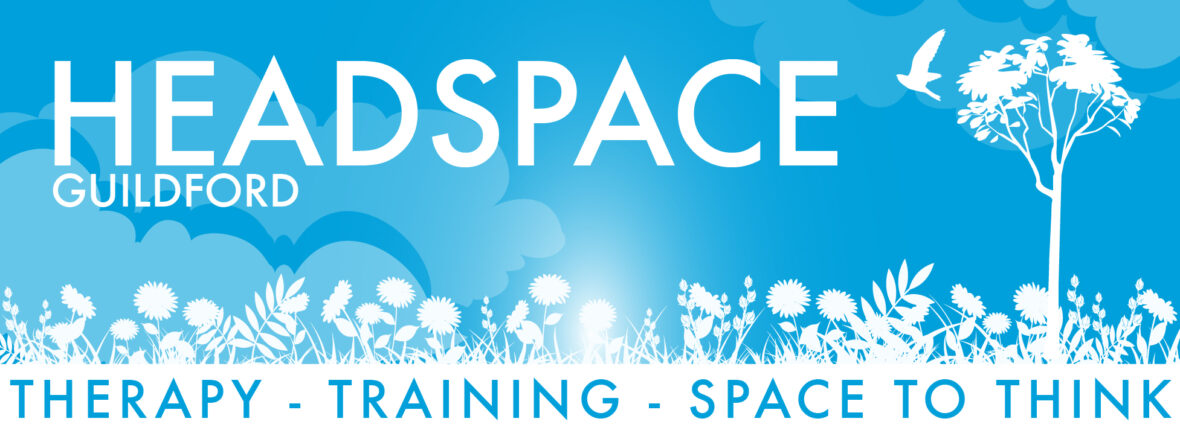This week’s blog was written by Assistant Psychologist Gabby Donaldson.
With the UK taking its next step out of lockdown, there are a lot of expectations being put in place. People expect things to start going back to how normal looked before the pandemic. People expect friends to be meeting up with each other outdoors. And people expect society to start functioning as it did before the pandemic. But this creates a lot of pressure for people to fit in with these new expectations.
Being out and about I have started to notice more groups of people meeting up outside. It’s great that we are able to start connecting in-person with our loved ones and friends again, and it almost feels unnatural to be socialising in-person with people! But I think it is important to remember that not everybody will be feeling up to meeting with friends or family outdoors. It may be that someone is more vulnerable to COVID-19 than others, or that some people have greater anxiety about COVID-19, and they don’t feel ready to interact with others in-person. If you are someone who feels you are not ready to take this next step out of lockdown then that’s OK – you will definitely not be alone in your worries!
This pressure to start returning to ‘normal’ can have a huge impact on the mental health of children and young people. They may already be experiencing anxiety around being at school or college, and now, this lockdown easing may result in feeling left out if they see other people socialising but they themselves don’t feel ready to do so. This expectation may result in low mood if someone feels they’re not following what the rest of society are doing. The first and most important thing to remember is that it is OK to take the steps out of lockdown at your own pace. If you’re not ready to meet groups of people outdoors, or if you feel worried to do so, then that’s OK. There’s no need to rush something you’re not ready to do.
It is really important to look after your mental health though, especially if you are experiencing low mood. Even if you are not ready to meet up with people outdoors, you should try and spend more time in nature as this has been found to help with low mood. Looking after your physical health is really key too, so this includes getting enough sleep, monitoring your diet and doing physical activity. Mindfulness is great for low mood as it helps to bring your full attention to the present moment; there are loads of apps for mindfulness or videos on YouTube! Keeping a mood diary may also really help to keep track of any changes in your mood and notice when/what causes you to feel wobblier, and it is really important to keep talking to someone you trust about how you are feeling – don’t bottle it away! Practising self-care is one of the most important things to remember at the moment as looking after yourself (and not caring about what other people are doing) can help to improve your self-esteem, improve your wellbeing and manage your stress. Finally, if you don’t feel comfortable meeting people in-person, then find other ways to reach out and connect to others, perhaps over the phone. And, when you’re ready, you could try and meet up with maybe one other person and go from there!
I know it all feels a little strange at the moment and there are many conflicting emotions from feeling happy about society starting up again to feeling worried or low about not being ready for it. Whatever you are feeling, that’s OK! Everyone is different and everyone will be experiencing this easing of restrictions in different ways. The thing to remember is to go at your pace and not worry about what other people are doing (I know it is sometimes a little easier said than done!). I hope that these strategies to managing low mood have helped and remember you can always contact us at Headspace Guildford if you are need of further support or worried about someone else. Stay safe and take care!
